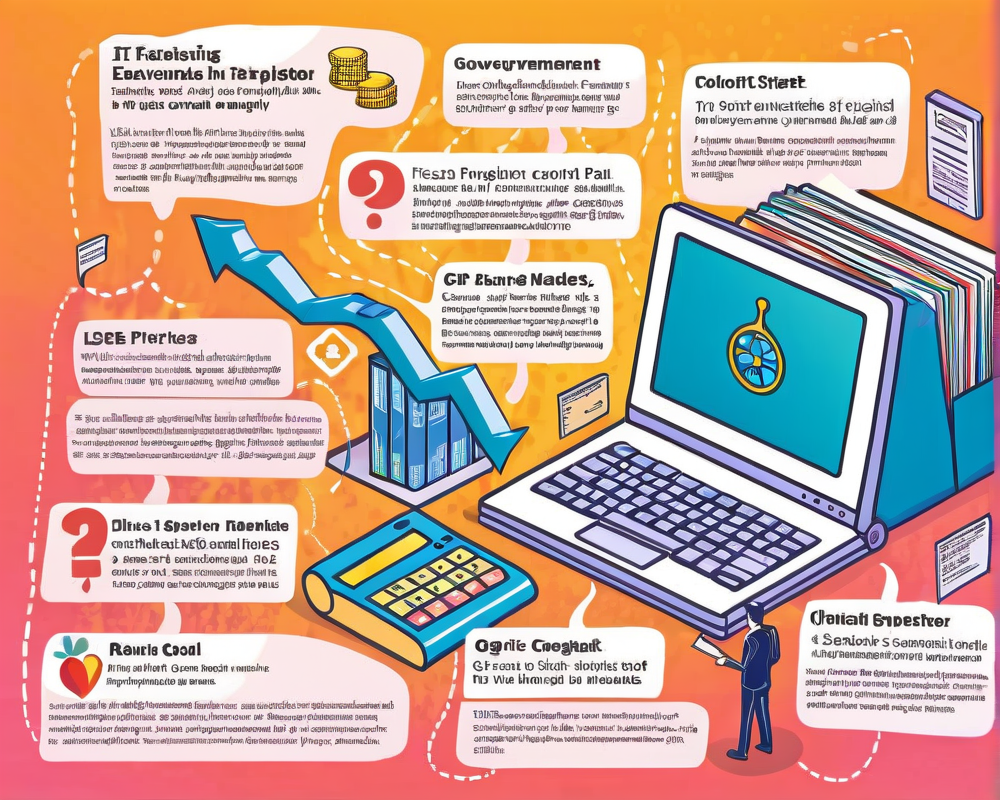What is Fiscal Policy?
Fiscal policy is like a government’s version of a remote control, adjusting the economy through spending, taxing, and sometimes borrowing. Picture the economy as a big, beautiful machine; fiscal policy is the button you push to speed it up, slow it down, or even revamp it entirely if needed. It’s often paired with monetary policy, which is a whole other ballgame.
How Does Fiscal Policy Work?
Government can impact economic conditions in several nifty ways using fiscal policy:
- Government Spending: Ever heard the phrase “spend it to mend it?” By increasing spending, the government can pump more money into the economy, creating jobs and boosting economic activity. Kinda like a party—someone’s gotta bring the snacks!
- Tweaking Taxes: Lower taxes mean people have more cash in their pocket, which can spark consumer spending. Think of it as giving the economy a little more caffeine to wake it up.
- Controlling Inflation: If inflation is floating lazily into our lives like an unwanted guest, the government can kick it out by upping taxes or cutting spending. That way, demand doesn’t outstrip supply, and prices stay in check!
The Significance of Fiscal Policy
Fiscal policy isn’t just a fancy term economists toss around; it’s crucial for various reasons:
- Stimulating Economic Growth: By increasing spending, the government can glide into economic growth, boosting employment and ultimately tax revenue.
- Regulating Inflation: It’s like serving the right amount of spaghetti—too much and it spills over! Adjusting spending and taxes can help tame inflation, keeping prices manageable.
- Reducing Employment: Using fiscal policy as a tool to kickstart job creation means fewer people on the unemployment line and more people enjoying the joys of paychecks.
- Managing Debt: Just like you’d balance your personal budget, the government can tweak its fiscal policies to manage national debt. It’s all about juggling those finances effectively!
Do Cryptocurrencies Fit in the Picture?
However, when it comes to cryptocurrencies, things get a bit perplexing. Cryptocurrencies function without a centralized fiscal policy. It would be like a potluck dinner where everyone brings their own dish, and nobody is in charge of the menu! That said, they do have their own set of rules (often coded into their systems) that can influence their economy.
For example, Bitcoin has a hard cap; there will only ever be 21 million of them. This limit is akin to a strict dress code at a fancy event—helps manage supply and demand, and keeps things interesting!
Final Thoughts
In conclusion, fiscal policy is a powerful economic engine, designed to steer the country towards growth while keeping inflation in check. If done right, it can lead to a thriving economy—a pleasant change from the rollercoaster ride we often find ourselves on! So next time you hear economists talking about fiscal policy, just remember: it’s all about maintaining that sweet balance in our economic lives.




